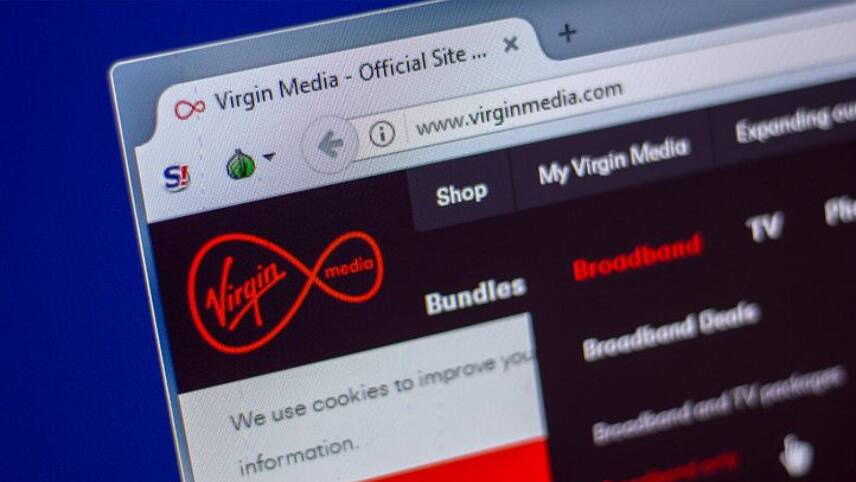This premium content is exclusive to edie Members.
To find out more about edie Membership, please click below.
If you are an existing member, login here

At a Glance
Who: Virgin Media O2
What: O2 Recycle Programme
Where: UK
Why: Tackle the electronic waste crisis
When: Ongoing, launched in 2009
The challenge
Electronic and electrical waste is a rapidly growing problem worldwide, with the UK being one of the highest producers per capita. Current recycling systems are insufficient to handle the escalating levels of e-waste, leading to an 82% increase in e-waste levels since 2010, projected to rise by a further 32% by 2030.
The solution
Virgin Media O2’s O2 Recycle Programme incentivises customers to recycle their old devices by offering cash-back rewards. This initiative not only reduces electronic waste but also promotes the circular economy by refurbishing and reselling devices.
How the project works
Customers, regardless of their network provider, can trade in their unwanted devices through the O2 Recycle Programme. The scheme also extends to businesses, facilitating the recycling of e-waste on a larger scale.
Recently, Virgin Media O2 has expanded the programme to include a wide range of popular gaming systems, including PlayStation, Xbox, Oculus and Nintendo consoles.
The results
Virgin Media O2 has facilitated millions of ‘circular actions’ through its O2 Recycle Programme, supporting consumers to carry out 2.2 million circular actions last year, including recycling old tech or buying ‘like new’ refurbished smartphones.
The company has now powered 4.7 million ‘circular actions’, against its 10 million goal by the end of 2025. Additionally, the company saved almost 250,000 devices from landfill last year – which were either repaired, refurbished and resold, or recycled – with zero parts going to landfill.
The scheme, which has also recently been expanded to consoles and MacBooks, has paid out £341m to customers since its launch in 2009. Virgin Media O2 has also removed 65 tonnes of single-use plastic since 2021 – the equivalent weight of five double-decker buses. Meanwhile, 11 million routers and set-top boxes have now been refurbished and reused since 2014.
Business benefits
The O2 Recycle Programme enhances Virgin Media O2’s brand reputation, fosters customer loyalty, and contributes to its sustainability goals, thereby ensuring long-term business resilience and competitiveness.
Additionally, the programme supports the brand’s circular economy targets which include reusing or recycling 100% of all returned customer and network equipment by 2025.
Investment/savings
While specific financial figures are not disclosed, the O2 Recycle Programme generates returns through increased customer engagement, reduced waste management costs and potential revenue from refurbished device sales.
Industry context
In the telecommunications industry, there’s a concerted effort to align with global initiatives toward a circular economy. This move is in response to the sector’s substantial waste output, aggravated by the lack of adequate waste management systems.
Recently, a consortium of twelve global telecom operators, in collaboration with the Global System for Mobile Communications, committed to collecting at least 20% of new mobile devices distributed directly to customers by 2030 through take-back schemes, signalling a proactive approach to tackling electronic waste.
Additional information
Read more about the telecommunications industry’s adoption of circular economy principles: Operators Aim to Collect and Recycle Mobile Devices to Reduce Environmental Impact (edie.net)
© Faversham House Ltd 2024 edie news articles may be copied or forwarded for individual use only. No other reproduction or distribution is permitted without prior written consent.

